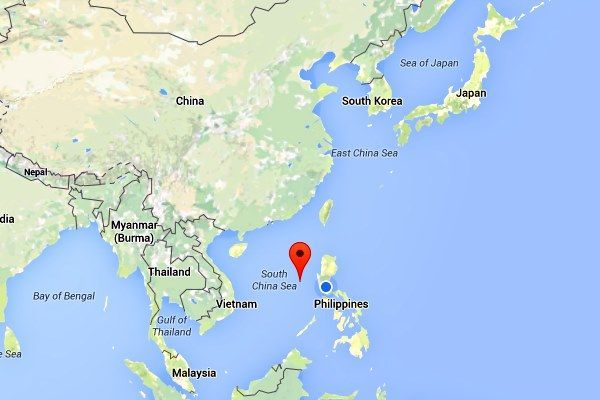An international arbitration court has ruled in favor of the Philippines’ arguments for maritime entitlements over the West Philippine Sea, dealing a major legal blow to China’s claims in the area rich in seafood and other resources.
The Permanent Court of Arbitration’s (PCA) landmark ruling was the first against China’s expansive claims, which has sparked international alarm and prompted the United States to send warships on “freedom of navigation” patrols.
China has refused to participate in the arbitration and insisted on bilateral negotiations.
Since the proceedings started in early 2014, China has built artificial islands and massive structures on Spratlys reefs that experts said could be fit for military use.
It has also held Scarborough Shoal, a rich fishing ground, since 2012 following a tense naval standoff. Filipino fishermen in the area have accused the Chinese of routine harassment that left them jobless.
While the ruling was a “moral” victory, the Philippines could not compel China to leave its Exclusive Economic Zone (EEZ), said Lauro Baja, the country’s former ambassador to the United Nations.
“The ruling will not solve the situation in the West Philippine Sea by itself,” Baja told ABS-CBN News on the eve of the decision.
President Rodrigo Duterte, who assumed office on June 30, had said that he was seeking a “soft landing” with China after the decision.
Foreign Secretary Perfecto Yasay Jr. said he would seek negotiations with Beijing, mindful that the tribunal had no powers to enforce its decision.
“The best position here is not to incite or provoke some more. Let’s wait for the decision. Pag-aralan natin desisyon,” Yasay told DZMM on Saturday.
“After that, we will act on the basis of what we feel will promote the best national interest. We should not compromise on anything that will erode our sovereignty, our territorial rights or our rights under UNCLOS (United Nations Convention on the Law of the Sea),” he said.
China claims almost the entire South China Sea, which hosts vital shipping lanes over vast oil and gas reserves.
Attempts to set up a legally binding code of conduct with other claimants, including the Philippines, Vietnam Malaysia and Brunei, have failed. Taiwan also claims parts of the sea.
This story first appeared on ABS-CBN News Online and is reprinted with permission.




